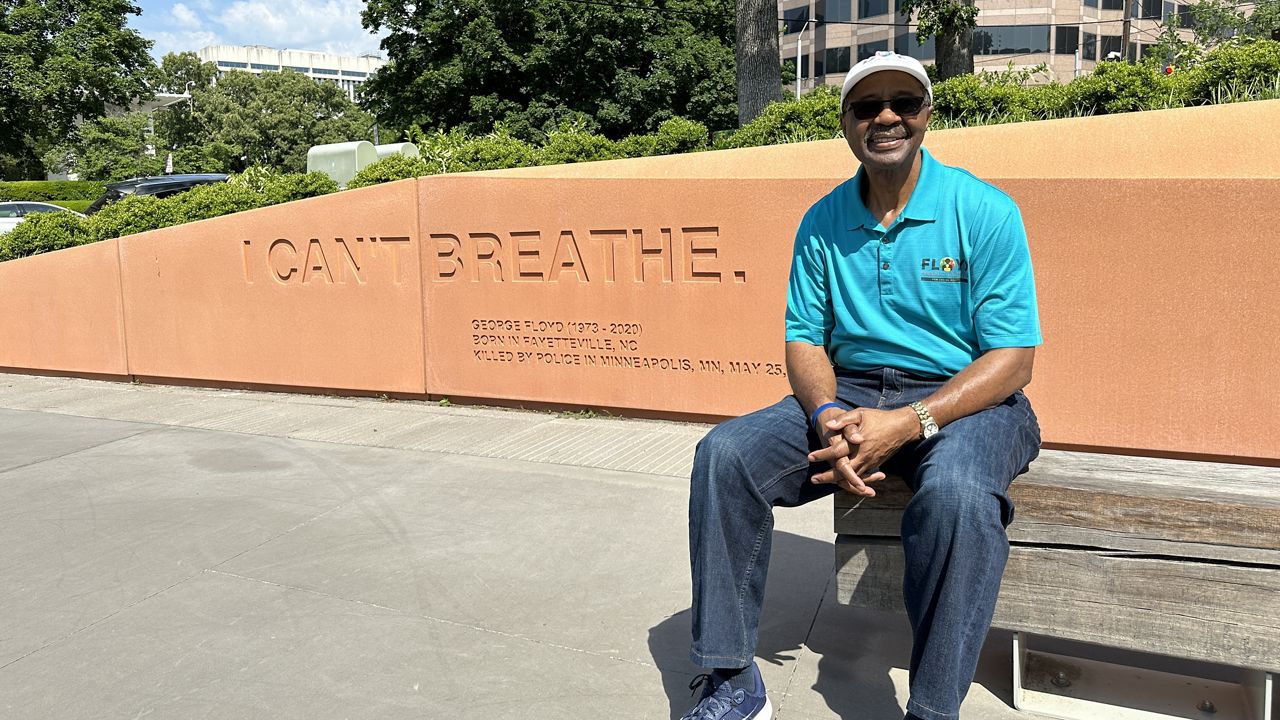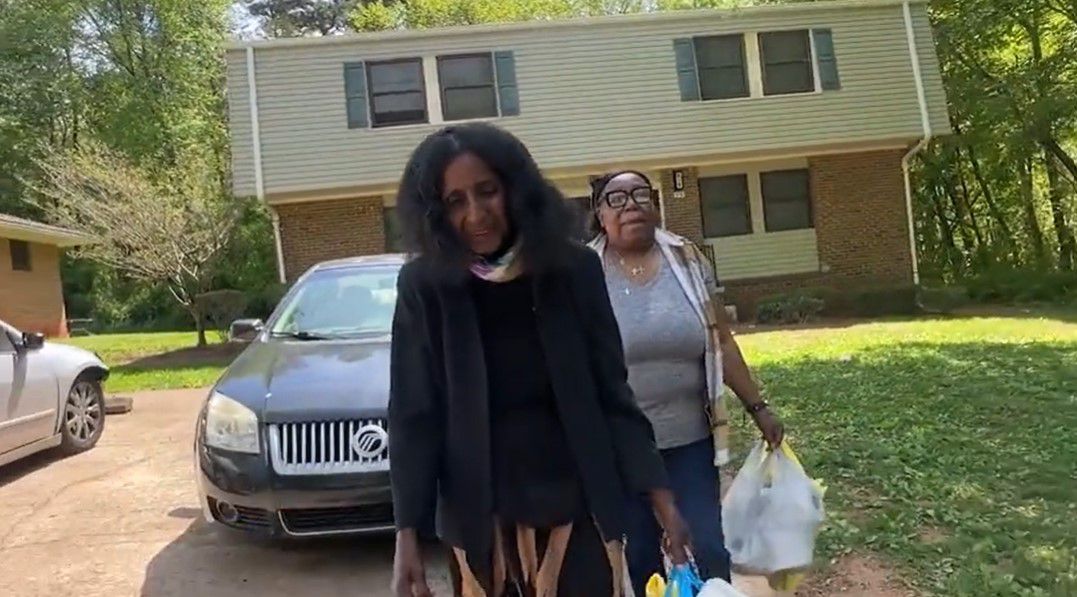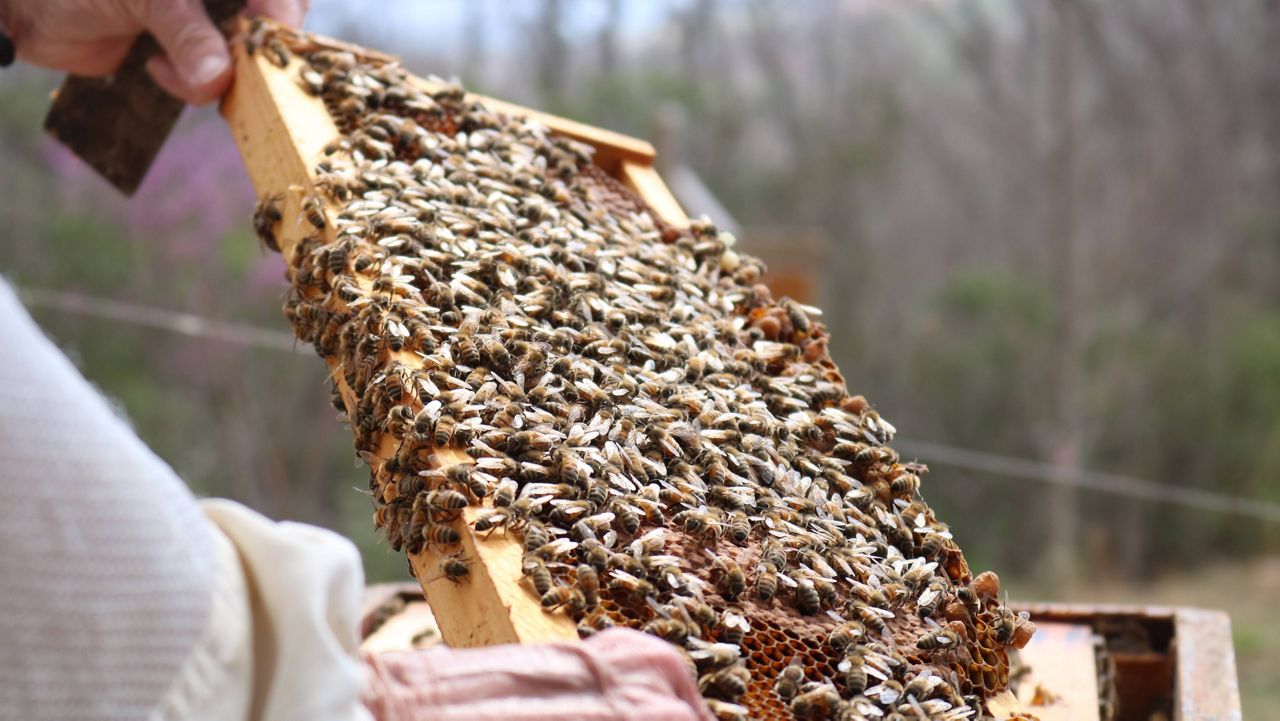What "Egypts" are we suffering from and what's holding us back in our own lives are the kinds of questions Rabbi Zalmy Dubinsky ponders as writes his speech for the Passover holiday.
"The Egyptian slave masters are very much a metaphor for our internal struggles. We are enslaved often to ourselves, but to our addictions, our habits, our personality, to outside influence. And sometimes internal slavery is the hardest thing to free ourselves from," Dubinsky said.
Dubinsky hasn't spent a Passover at home since he was 17. He's traveled the world leading seders in places like Amsterdam, London and tiny communities in Ukraine.
"Those are probably my most poignant memories of Passover," he said. "Seeing a group of 20 Jews in a town that before the Holocaust had over a thousand," Dubinsky said.
He says a seder plate is filled with items that represent pain, but also the freedom and joy of being liberated. There is also matzah, or unleavened bread.
"When the Jews escaped Egypt, their bread had no time to rise ... no time to procrastinate, just do it, and that's another thing matzah reminds us of, is to seize the moment," he said."When the Jews escaped Egypt, their bread had no time to rise ... no time to procrastinate, just do it, and that's another thing matzah reminds us of, is to seize the moment," he said.
No seder is complete without hours of preparation and cooking. This holiday and its traditions bind a group of people who've been persecuted for thousands of years.
"The saying goes it took one day to get the Jews out of Egypt. But it took 40 years of wandering in the desert to get Egypt out of the Jews. The slave mentality is very strong," Dubinsky said.
Dubinsky says Passover is a time to come together, whether with family, friends or even strangers. The hope, he says, is that in remembering what it means to be free, we can extend that blessing to others in need.
"This should manifest into true freedom for ourselves and for the world," he said.







)

